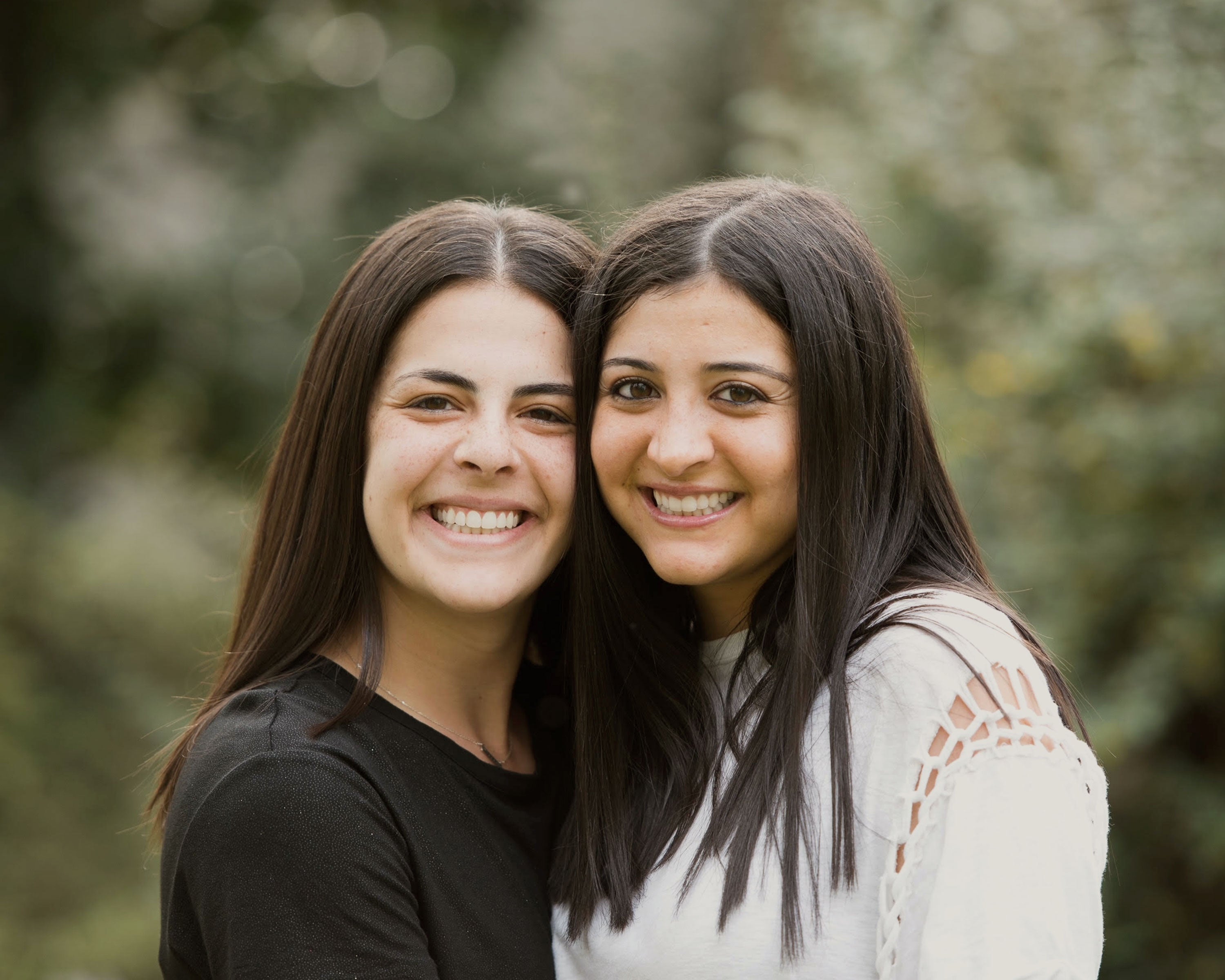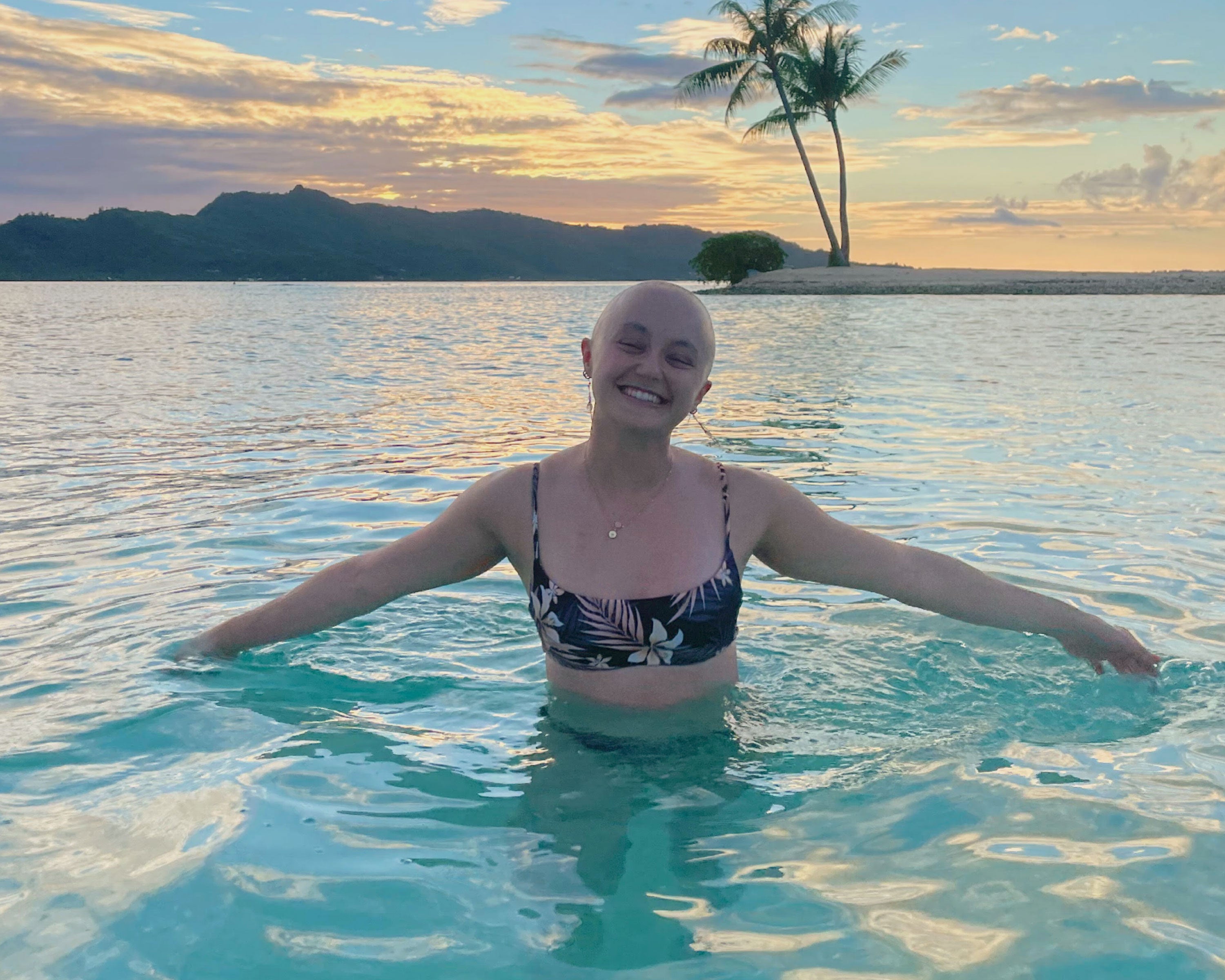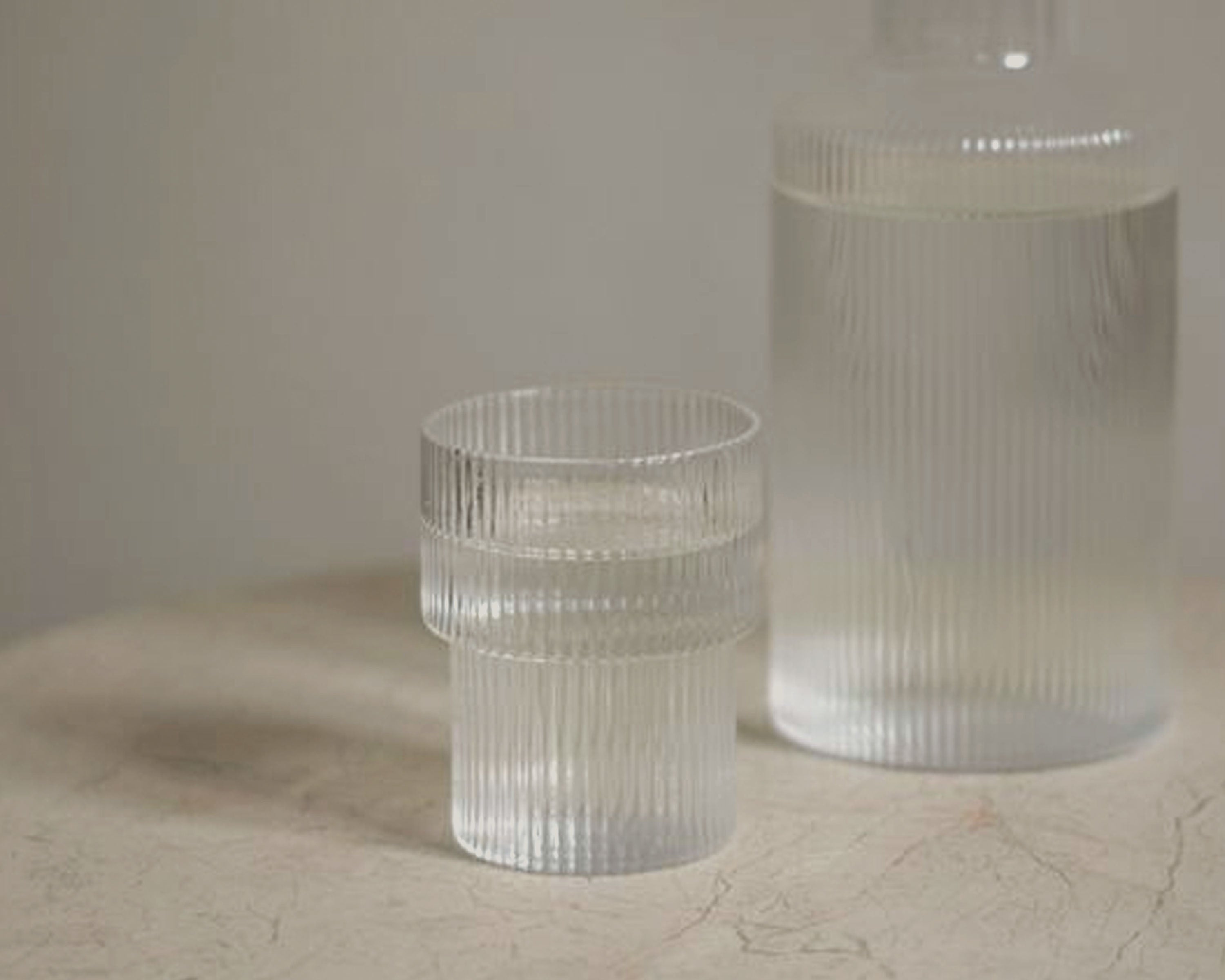It’s the weekend that divides my life in two — before and after cancer. I was living with my sister in New York where I was in grad school and my boyfriend was coming to visit for Valentine’s Day. I picked him up from the train station, and by the time we got back to my apartment, I was having a horrible migraine. Migraines were something I had dealt with for as long as I can remember, but this one was particularly bad.
We lay down and fell asleep, but I soon woke up and realized I was experiencing a focal seizure on my right side. It went away, and we Face Timed my parents who told me I needed to get to the hospital right away. We went, and they admitted me. My sister came to the hospital right away and my parents began driving from Maryland to New York. I was given a CT Scan which revealed a mass on my brain. The next morning I had an MRI and then received a diagnosis that no 24 year old ever expects to hear: I had an anaplastic astrocytoma, a rare type of brain cancer.
During my surgery a few days later, a biopsy was taken and a shunt was inserted to help alleviate pressure within the skull. It wasn't until a week or two later when my pathology report showed that my tumor was more likely a glioblastoma, which is even more rare and dangerous. My parents moved me back home where I began my treatment — six weeks of proton radiation and nightly chemo pills. Now that the radiation is done, I will still be on chemo with my treatments about a month apart. The reality is that my tumor isn’t shrinking. In fact, I actually have two — a main tumor in the middle of my head, and there's another one on the side.
Of all the issues and symptoms I'm facing, I'm probably most upset about my worsening memory. I’m going in to see my doctor this afternoon, and that's one of the things that we want to talk about. Even texting with my friends, just spelling words, I can't do well. I get very frustrated with myself. Recently my dad and sister wanted me to make a list of all the medications that I’m on. My parents needed this list to talk to the doctor about the drugs and the dosages because I've been waking up with more seizures over the past few days. But I just couldn't remember my drugs. I thought to myself, “I should be able to remember this!”
On deciding to finish her grad school degree
I was at NYU working toward my Master's in social work when I got my diagnosis. Classes had already transitioned to remote learning because of COVID, and my professors were amazing and very flexible. They told me to turn my camera off if I wanted and that it would be okay to show up however I could. I even attended classes from my hospital room after my surgery.
It wasn't easy. My sister had to help me edit my final papers. But getting my degree was something to be proud of, something I wanted to get done. Granted, I knew once I was finished I probably wouldn't get a job. But I'm still trying to find a volunteer opportunity. It’s been hard because of COVID, but I’m searching for something in a NICU (Neonatal Intensive Care Unit) department or an opportunity to work with kids with cancer. I just want to have somewhat of a normal life. That’s the best way to put it.
On emotionally processing her diagnosis
People ask me about my prognosis and how long my doctors give me to live. It’s impossible to know for sure — maybe another year, hopefully longer — so I really don't want to talk about it. I think not focusing on it is a good thing. It’s definitely hard, but I feel like I have put this wall up, and am just trying to get through everything. I've only cried twice, which I think is remarkable. The first time was right when my neuro oncologist told me about the average life expectancy for someone with this tumor — I was sobbing. And then the second time was when an instagram account I had followed, put up a playlist on Spotify, trying to shine a light on severe forms of brain cancer, and I just felt very weird and emotional. I went for a walk in my neighborhood and I can't remember what song it was, but the second I heard it, I started hysterically crying. Aside from those two episodes, I feel like I've been very positive, which for me, is the way to go.
On the importance of therapy
After my diagnosis, someone from my treatment center — a social worker — called me and wanted to let me know she was a resource for me if I wanted to talk about everything, including processing the idea of death. I was hesitant to talk to her mainly because I didn't know her. But I have the most amazing therapist who I started seeing in my first year at NYU, just to deal with the stress of school and everyday life. I really connected with him, and he has been wonderful through all of this. Therapy is definitely something that I need because it’s hard to talk about this kind of thing with people in your life. It’s a lot easier with a therapist. And it’s not just the patient that benefits from it; some of my loved ones are in therapy and it’s helping them a lot, and alleviating some of the burden from me to take care of their emotions.
On why ‘let’s be positive’ isn’t helpful
After my last MRI, my Dad and I looked at the results online and thought the tumor grew. My initial reaction was, “Okay, the tumor grew. I expected that to happen.” But I feel like my family members and my boyfriend always get a lot more upset and anxious than me. Some friends were coming over for dinner that night and I debated whether or not I wanted to say something about the MRI because I didn’t want to hear that “everything will be okay.” It’s definitely been hard, especially with the friends who have the most optimism. I feel like they think that they're doing the most to help, which makes sense if you are not in the situation, but it’s different when you’re in it.
As it turns out, my tumor had not grown, but there was a lot more swelling in my brain. This was way better news, but it still sucks because now I have to go back to taking more steroids, and I really don't like the side effects.
On using humor to cope
There’s an Instagram account called @thecancerpatient. I don’t know if you would call it satire exactly, but it’s people basically just laughing about cancer and posting memes. And it's very entertaining. I can see how laughing about cancer wouldn't be helpful for some people, and it’s best to follow the patient's lead. But for me, that's just my personality. From the very beginning of my diagnosis, I constantly made jokes and I still do. It definitely took my family a while to get used to it. And my friends too, but I think it's helpful to find humor in difficult situations.
On the advice she would give another 20-something coping with a terminal cancer diagnosis
Find your people and hold them close. My friends have gone above and beyond for me during this whole ordeal. For my birthday this year, 20 of my friends from high school and college came from all around the country to be with me. My sister and I are obsessed with the TV show Survivor — literally obsessed. So they planned a Survivor-themed birthday. It was the most amazing experience.
Interestingly, I don’t feel like I’m trying to “savor my time”—I feel like I'm just trying to live life as I normally would. It’s my friends who are trying to make the memories count and make the time we spend together more special. It doesn't bother me, I want them to feel more comfortable. What they're doing is fine. Because as hard as things get, I know my tribe is by my side.
This article is for informational purposes only and is not a substitute for medical advice, diagnosis, or treatment. Please keep in mind every individual’s situation is different, and you should not take any actions concerning your body and well-being before consulting with a healthcare professional.
Let your loved ones know what you actually need
Easily add items from the Alula shop to your registry, and share it with friends and family who ask.



